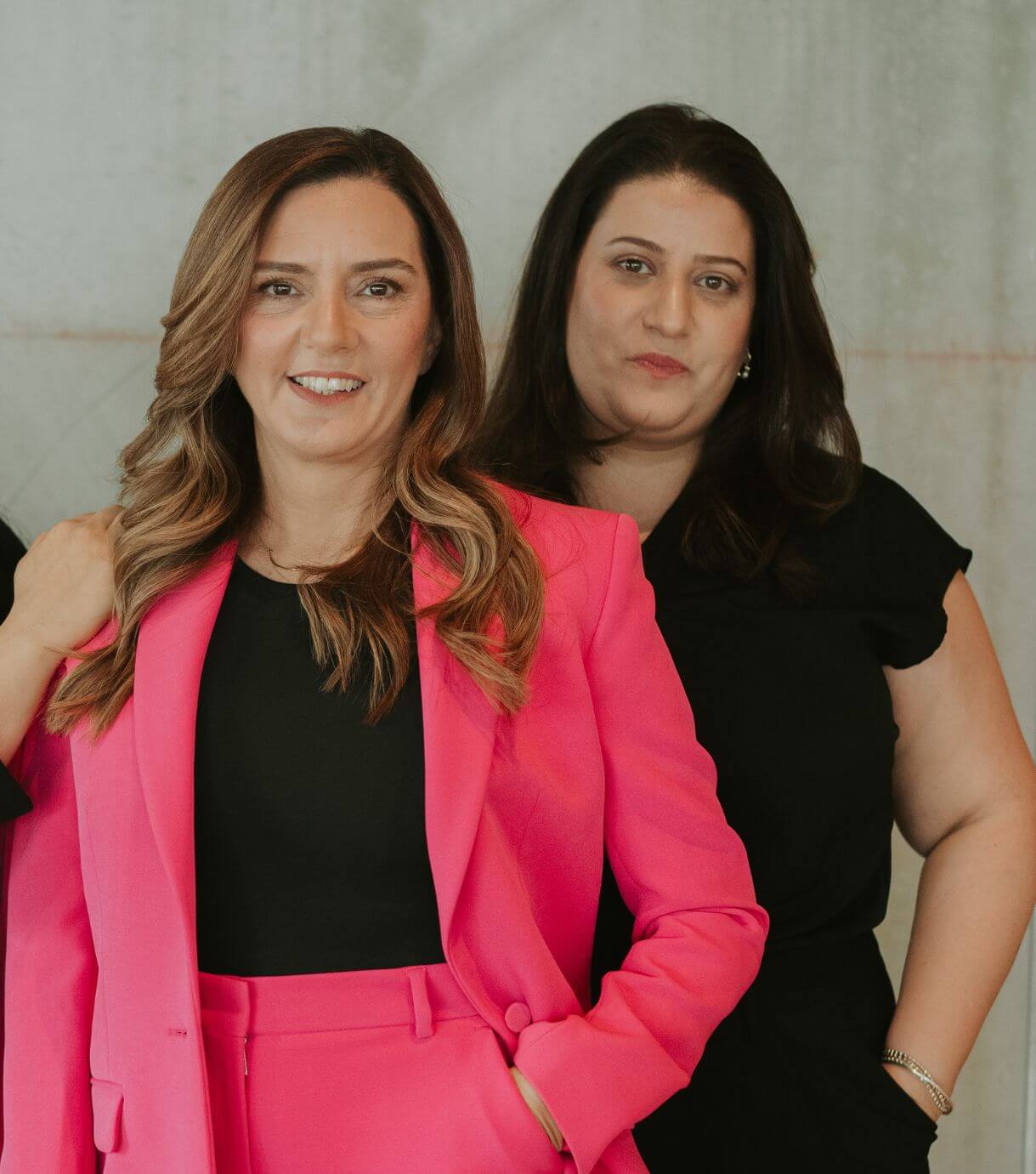If you and your partner are on the difficult road to healing after infidelity, learning to trust each other and the strength of your connection is likely uppermost in your mind. Are you confused and anxious about how you will rebuild trust and feel anything akin to the love you once knew?
As a couples therapist focused on affair recovery in Miami, FL, I get it. My extensive experience with couples in your position has taught me that trust is a cornerstone of any relationship that cannot be rushed or forced. Regaining it is a process that requires awareness, understanding, and a definitive plan.
Trust has long been a topic of discussion in my podcasts with experts, blog posts written by my team and me, and in our heart-to-hearts with clients. In the past, I’ve shared about two forms of trust: blind trust and open-eyed trust. But today, let’s lean into the last step in restoring trust: re-establishing it. As you may know, this point in infidelity recovery is commonly called “rebuilding trust.” However, I recently read an article that dubbed this step earning trust. A more accurate name, this better explains the psychology behind it.
To explore the complexities of trust in post-affair relationships, I consulted Dr. Yael Haklai-Neagu, an esteemed therapist at Relationship Experts with expertise in the field. During our talk, we debunked some trust-related myths and did our best to provide insights on how to move forward after infidelity. Explore with us as we distinguish between “rebuilding trust” and “earning trust” and their relationship to affair recovery.
How to Rebuild Trust After Cheating: Why We’re Not “Rebuilding”
To help us examine trust, you need to know that I’m an avid subscriber of a newsletter by Rachel Botsman. Considered a “conventional thought disruptor” she is a thought-provoking writer who challenges conventional beliefs about trust in the corporate world. With two critically acclaimed books, three notable TED Talks, and a course on trust for Oxford University, she’s worth paying attention to.
Recently, Ms. Botsman’s email, “Why building trust is a myth that needs busting,” drew me in. I knew I had to share its insights here.
My team was on board too. In fact, Yael and I have had similar discussions for years. For ages, we’ve been exploring how trust (much like forgiveness) needs to be earned, not given, in the aftermath of infidelity with our clients. Now, we want to add another critical layer: trust needs to be earned, not rebuilt.
What’s the Distinction Between Building and Giving Trust?
Why are we distinguishing between giving and earning trust? According to Rachel Botsman, the phrase ‘building trust’ implies that it is too one-sided. In contrast, ‘earning trust’ suggests a collaborative effort, where trust happens between people. The power lies with the individual giving the trust, not the individual asking for it.
When I asked Yael about this, she explained that the distinction between giving and earning is crucial in the process of healing after infidelity. While ‘building trust’ suggests that trust should automatically rebound after a breach, it places unfair pressure on the hurt partner to get to work rebuilding trust again. This adds insult to injury, failing to recognize the effort required from the unfaithful partner.
‘Earning trust,’ is a more beneficial alternative, Yael maintained. This process acknowledges the engagement and effort the unfaithful partner must commit to if they hope to regain trust. Trust is not a right a betraying partner can assume. They must assume instead the patience and diligence necessary to repair their partner’s broken faith and confidence in them.
This shift from “rebuilding” to “earning” helps frame expectations for the healing process. emphasizing the responsibility of the unfaithful partner to invest the appropriate time and effort.
How to Rebuild Trust After Cheating: Understanding the Giver & the Receiver
In exploring the dynamics of trust between two people, it’s critical to examine the roles of the giver and the receiver. According to Botsman, the giver is the partner who decides whether or not to trust someone. The receiver is the partner who needs or wants the other person’s trust. As it pertains to infidelity, the hurt partner (HP) is the giver, and the unfaithful partner (UP) is the receiver.
In the aftermath of infidelity, Yael noted that the initial chaos can make it difficult for both partners to navigate the affair recovery process. The hurt partner may struggle to trust their partner again, while the unfaithful partner may be desperate to regain their trust. In this context, the giver and receiver of trust play critical roles in the journey towards healing.
For example, when an unfaithful partner assumes they automatically deserve the hurt partner’s trust, without recognizing the need to actively invest in earning it, healing is interrupted. Conversely, when the hurt partner refuses to offer any chance for their partner to earn back trust, the possibility of healing is also stopped.
Therefore, both partners must recognize that the path to recovery is not individual work that magically recreates their relationship. Willingness and effort from both sides, make healing collaborative and lasting.
How to Rebuild Trust After Cheating: Trust as Belief vs. Trust as Behavior
The emotions and situations that compromise trust can be complicated. Yet one thing is clear: trust can be earned. Still not sure?
First, recognize that trust is not an abstract concept or belief that simply exists or disappears. It accumulates with effort. How is it earned? Through trustworthy behavior. Unless, of course, trust is given blindly without being earned at all.
Take a company like Apple. We trust them because they worked hard to establish themselves as a responsive, reliable, and trustworthy business. They offered consistent and excellent customer support, thus their customers felt safe counting on them. When it comes to your relationship, earning trust requires Apple’s level of consistent, trustworthy behavior. This is especially important if you broke trust in the past. Both Yael and Rachel agree that the key to earning trust is not trying to manipulate someone else’s desire to give it. Instead, choose to be trustworthy. How?
To be worthy of someone’s trust, Rachel notes that three behaviors must be safe, honest, and consistent in the relationship:
- your daily treatment of others, especially during difficulty
- the way you communicate and manage expectations
- how you execute decisions (what you do and don’t do)
Still, it’s important to remember that trust is a two-way street. For couples recovering from infidelity, this cannot be overemphasized.
While the unfaithful partner (UP) has the power to begin acting in trustworthy ways, it doesn’t automatically entitle them to their partner’s trust. The hurt partner (HP) has the power to give their trust when they are ready. It is up to both partners to work together to establish that give-and-take of trust in the relationship.
Yael had some practical guidance she thought might help:
What Behavior is Trustworthy After Infidelity?
Recovering from infidelity is a challenging process, but it is possible to restore trust. Here are some tips to help you get started:
Earning Trust After Infidelity: Don’t Forget These Tips
- Be Transparent: Honesty matters. Don’t let your partner find out about anything else that might cause further relationship damage. Stop all secrets and “trickle truths.” Trustworthy people are forthcoming.
- Be Accountable: Take responsibility for your actions and the resulting pain, damage, and consequences. Go to your partner to initiate conversations about it and listen to their feelings. Don’t wait for your partner to approach you.
- Be Consistent: Demonstrate reliability in behavior and genuine actions. Honor your promises and commitments. Don’t give up. Steadily put forth the effort to repair what was broken between you.
Here is a chart that outlines some do’s and don’ts for restoring trust in your relationship after an affair:
| HP | UP | |
| Do |
|
|
| Don’t |
|
|
BEGIN AFFAIR RECOVERY IN MIAMI, FL WITH OUR TEAM OF RELATIONSHIP EXPERTS
Hopefully, these tips will help you start earning and giving more trust in your relationship. If you need more support from our couples therapists at Relationship Experts, please consider our Infidelity Recovery Program as a healing first step. We are dedicated to seeing you meet your relationship goals wherever you are. To start affair recovery, follow these three simple steps:
- Schedule a free consultation
- Sit down with our affair recovery relationship expert for a first-time 45-minute session
- Start learning more about trust-building with our affair recovery coaching program
OTHER SERVICES OFFERED AT RELATIONSHIP EXPERTS
Affair recovery in Miami, FL is not the sole service offered at our Miami FL-based counseling practice. Other services offered by our relationship counseling team include couples therapy and marriage counseling, communication counseling, and more. For more useful relationship support, please tune into my podcast!
WATCH THIS EPISODE ON YOUTUBE
Heading



